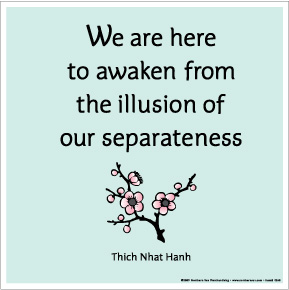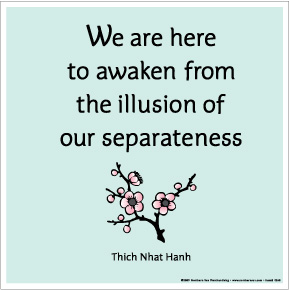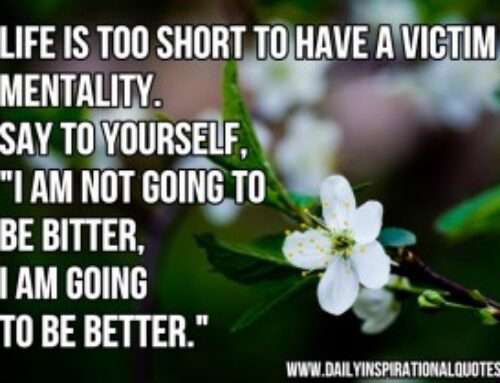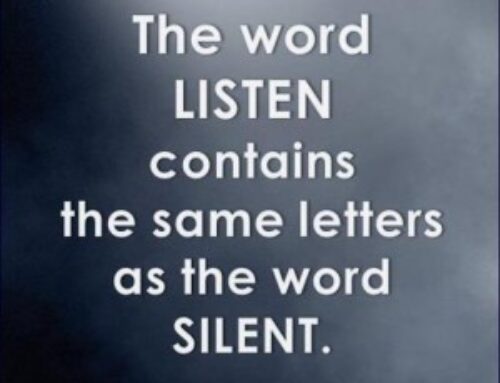I often say that it is not our issues that are really our biggest difficulty; our biggest difficulty is the issues we have with our issues. We often cannot even get to addressing the issue at hand because we are so burdened by our judgment for even having an issue in the first place. When we judge ourselves, the shame that we learned through negative family, community and cultural experiences is reinforced. Shame is not the natural human state…it is an entrained way of perceiving self, which means that is pliable and can be shifted.
In some ways, this shame we place upon ourselves is a kind of narcissism and a natural byproduct of a society that emphasizes the individual over the collective. But, in reality, there is no individual without the collective. Human creatures do not develop a sense of self except in relationship to others. There is no “I” until we have a “you” to compare it to. We cannot perceive good unless bad exists, we cannot perceive sweet without a sour. So, who we believe ourselves to be rdeand how we experience ourselves in the world is based upon the experiences we have with others, within our community and according to our culture. For example, I grew up being attracted to the person, not the gender. My family is liberal and I spent most of my 20s and half of my 30s in San Francisco. Because being bisexual in a liberal family in San Francisco is a very different experience than growing up queer in a conservative midwestern family, I’ve never defined myself primarily by my sexual orientation. My identity is much more strongly rooted in my spirituality and my culture. If you grow up in a culture where you are primarily seen by your sexual orientation, the color of your skin, or your disability, those categories will usually become dominant in your self-identity.
In a culture that emphasizes individualism and independence, collective experience (culture, poverty, racism, religion, abuse, etc.) and its impact on the individual are deemphasized; the individual must bear the entire responsibility for who they have come to be and any issues they may be struggling with. I’m not saying that we have no choice and bear no individual responsibility; rather, I am saying that we are complex beings and our experiences and culture greatly shape us and the issues we struggle with.
When I am working with clients, they are often astounded and relieved when they are really able to take this in. For example, many women in the USA have body shame. Those of us who are feminists and psychologically aware are not exempt from this because we grew up in the same body-shaming culture and continue to live within a culture that emphasizes thinness and sends the repeated message that if you are not a size six or smaller you are “too much” or “not enough.” We then compound our body shame issues with a shame-breeding, individualistic orientation that says, “I should know better.” And, while we may know better intellectually, every one of us has the experience of knowing something intellectually, yet being unable to shift a thought process, behavior or way of being.
We can be comforted when we begin to understand that it is not “my” body shame I struggle with, it is “ours.” It is not “my” depression; it is “ours.” Our issues are collective. We don’t need to buy into the individualistic cultural belief that “I suck because X, Y, or Z.” It is estimated that about 121 million people worldwide have some form of depression and about 8 million US Americans have some form of eating disorder. We are all in this mess together. While we can take responsibility for what we do to heal our wounded hearts, we don’t need to carry the burden and shame of the narcissistic and individualistic orientation that we are somehow to blame because we have the issue in the first place. Your problems are not simply yours – they are ours.
May we reconnect to the collective and remember that we are all in this together. May we experience self-compassion and compassion towards all beings.
Sabrina Santa Clara
The post Your Problems Don’t Belong To You – They Are Ours appeared first on Integrated Holistic Counseling.






